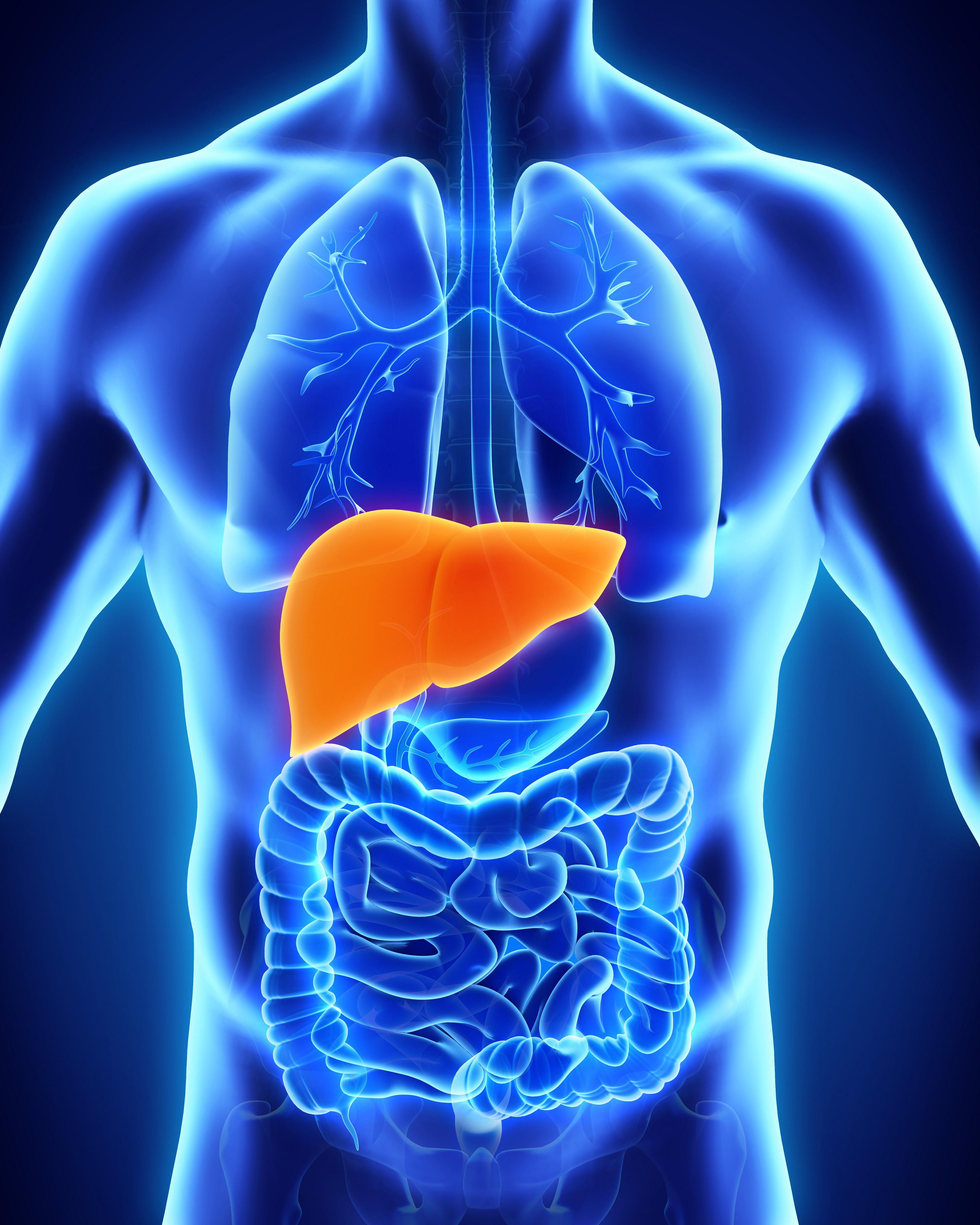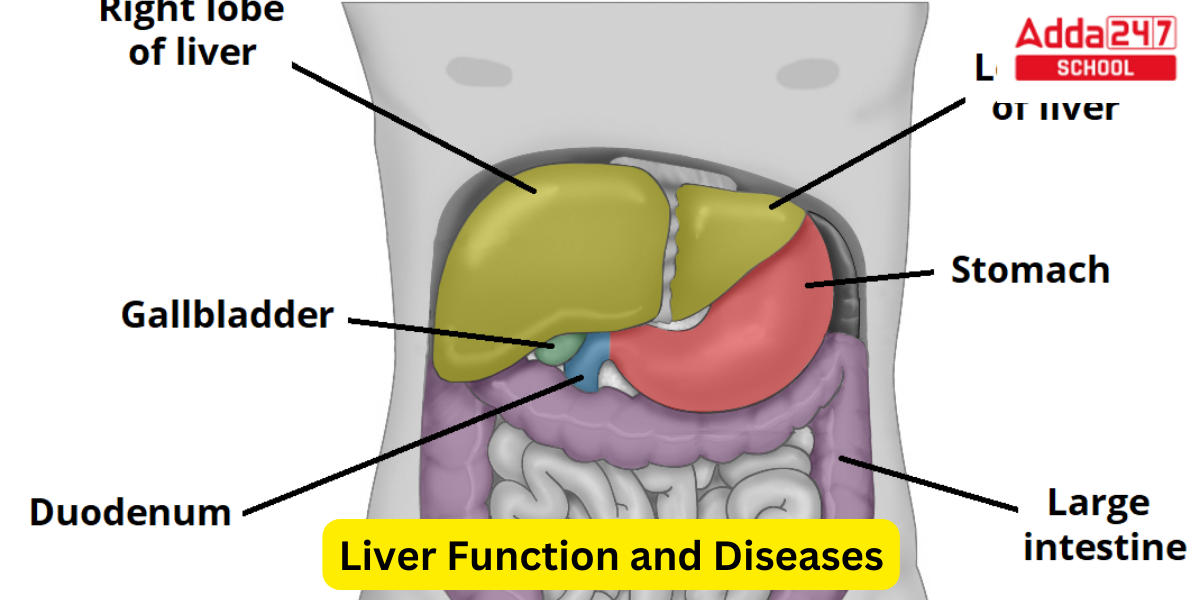Table of Contents
Liver Function
The liver is one of the largest organs in the human body and plays a vital role in keeping us healthy. Located in the upper right quadrant of the abdomen, the liver performs over 500 essential functions that are critical to our overall well-being. It is involved in detoxification, protein synthesis, bile production, and the regulation of various metabolic processes.
liver is a vital organ that performs several critical functions in the body. To maintain liver health, it is essential to adopt healthy lifestyle habits, practice good hygiene, and seek medical treatment for any liver-related conditions. By taking care of our liver, we can ensure that it continues to perform its vital functions and keep us healthy.
Functions of a Liver
The liver is one of the largest organs in the body, and it plays a critical role in maintaining overall health. The liver is responsible for performing several vital functions, including filtering toxins from the blood, producing bile, storing vitamins and minerals, and regulating blood sugar levels.
Detoxification
One of the primary functions of the liver is detoxification. The liver filters harmful toxins and chemicals from the blood, converting them into less harmful substances that can be excreted through urine or feces. This is a critical process that protects us from a range of harmful substances, including alcohol, drugs, and environmental pollutants.
One of the liver’s primary functions is to filter toxins from the blood. The liver breaks down toxins, such as alcohol and drugs, and converts them into less harmful substances that can be excreted from the body. The liver also filters out bacteria and other harmful substances that can cause infection or inflammation.
Protein synthesis
The liver is also responsible for producing many of the proteins that are essential for maintaining good health. For example, it produces albumin, which helps regulate blood volume and blood pressure, as well as clotting factors, which are essential for preventing excessive bleeding.
Bile production
Another critical function of the liver is to produce bile, which helps break down fats in the small intestine. Bile is a greenish-yellow fluid that is stored in the gallbladder and released into the small intestine when food enters. Bile contains bile salts, which help break down fats into smaller droplets that can be absorbed by the body.
The liver produces bile, a greenish-yellow fluid that helps break down fats in the small intestine. Bile is stored in the gallbladder and released into the small intestine when needed. Without bile, the body would struggle to digest fats properly, leading to a range of health problems.
Metabolic regulation
The liver is involved in regulating a wide range of metabolic processes, including the storage and release of glucose, the synthesis of cholesterol and triglycerides, and the breakdown of amino acids. It also plays a role in regulating hormone levels and maintaining a healthy balance of vitamins and minerals.
Storing Vitamins and Minerals
The liver also stores several essential vitamins and minerals, including iron, vitamin A, vitamin D, and vitamin B12. These vitamins and minerals are stored in the liver until the body needs them. The liver also produces a protein called transferrin, which transports iron throughout the body.
Regulating Blood Sugar Levels
The liver plays a crucial role in regulating blood sugar levels by converting excess glucose into glycogen, which is stored in the liver and muscles. When blood sugar levels drop, the liver releases glycogen back into the bloodstream, which raises blood sugar levels. The liver also produces glucose from non-carbohydrate sources, such as amino acids and fatty acids, in a process called gluconeogenesis.
Keeping the Liver Healthy
To keep the liver healthy, it is essential to maintain a healthy lifestyle. This includes eating a balanced diet, exercising regularly, and avoiding alcohol and drugs that can harm the liver. It is also essential to practice good hygiene to prevent infections that can damage the liver.
Liver disease
Certain medical conditions, such as viral hepatitis, fatty liver disease, and liver cancer, can also affect liver function. These conditions can cause inflammation, scarring, or damage to liver cells, which can impair the liver’s ability to perform its functions. Early diagnosis and treatment of these conditions are crucial to prevent further liver damage and preserve liver function.

Unfortunately, the liver is susceptible to a range of diseases that can impair its function and lead to serious health problems. Some of the most common liver diseases include:
- Hepatitis: Inflammation of the liver, usually caused by a viral infection.
- Cirrhosis: Scarring of the liver tissue, often caused by excessive alcohol consumption or long-term hepatitis.
- Non-alcoholic fatty liver disease (NAFLD): A condition in which excess fat accumulates in the liver, usually due to obesity or type 2 diabetes.
- Liver cancer: A malignant tumor that originates in the liver.
Liver: A Major Organ
The liver is a remarkable organ that performs a range of essential functions that are critical to our overall health and well-being. It is involved in detoxification, protein synthesis, bile production, and the regulation of various metabolic processes. Unfortunately, the liver is also susceptible to a range of diseases that can impair its function and lead to serious health problems. To keep your liver healthy, it’s important to maintain a healthy diet, exercise regularly, and avoid excessive alcohol consumption and exposure to harmful toxins. If you are concerned about the health of your liver, be sure to speak with your doctor.
What is Respiration in Humans and Plants?
English Sample Paper Class 10 2023 with Solutions & PDF Download
Human Eye Definition, Diagram, Structure


 CMAT Exam Date 2024, Admit Card Release ...
CMAT Exam Date 2024, Admit Card Release ...
 JKBOSE 8th Class Result 2024 Out, Check ...
JKBOSE 8th Class Result 2024 Out, Check ...
 NMMS UP Result 2024 OUT, Get Result &...
NMMS UP Result 2024 OUT, Get Result &...














